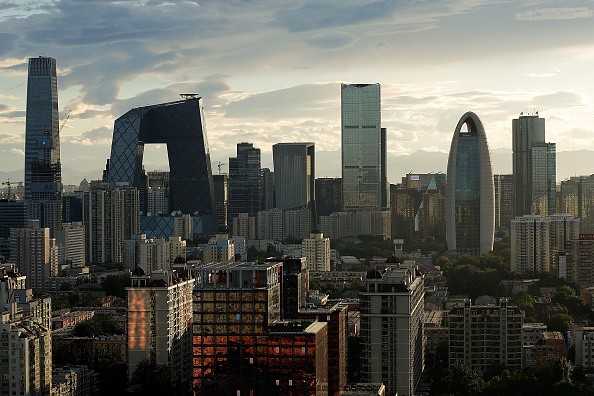Despite receiving support from both the United States and China, Cambodia's Prime Minister Hun Sen has always preferred to resort to its warm relations with the rising superpower. This has been the case since 2006, when Prime Minister Hun Sen declared China as its "most trustworthy friend."
Cambodia's inclination towards China may prove advantageous amidst a more protectionist and inward-looking United States under President Donald Trump, according to an article by TheNews.com.pk.
According to Sebastian Strangio, one of the reasons behind this preference is the China's emphasis on investing in big infrastructure projects. This is in direct contrast to West's focus on soft development, such as enhancing democracy, transparency, and good governance.
"The Chinese build bridges and roads and there are no complicated conditions," said Hun Sen, as quoted in Strangio's book entitled "Hun Sen's Cambodia"
Passing on the Torch
As the United States retreats from the globalism and free-trade, a resurgent China may provide an alternative to countries like Cambodia.
Although Beijing has no intentions of espousing liberal democracy, its rising economic and political power will be sought after as a beacon of globalization.
Hints at this changing global set-up became apparent when President Xi Jinping attended the World Economic Forum in Davos, a first for a Chinese head of state. During the forum, he warned world leaders against protectionism, likening it to "locking oneself in a dark room."
Many analysts saw several contradictions when President Xi delivered his message and mulled over the possibility of an authoritarian Communist party boss taking on the torch of globalism.
Globalization with a twist
For Yongjin Zhang, a professor of international politics at the University of Bristol, there is a disconnect between the traditional definition of globalization, as seen by the champions of liberal democracy, and China's own perspective of the phenomenon.
"The Chinese understanding of globalization is different from the prevailing liberal project that Trump is trying to dismantle," said Zhang.
"China may attempt to defend that part of globalization that China has benefited from, free trade for example. However it is not committed to globalization as a liberal project for constructing the future world."



























